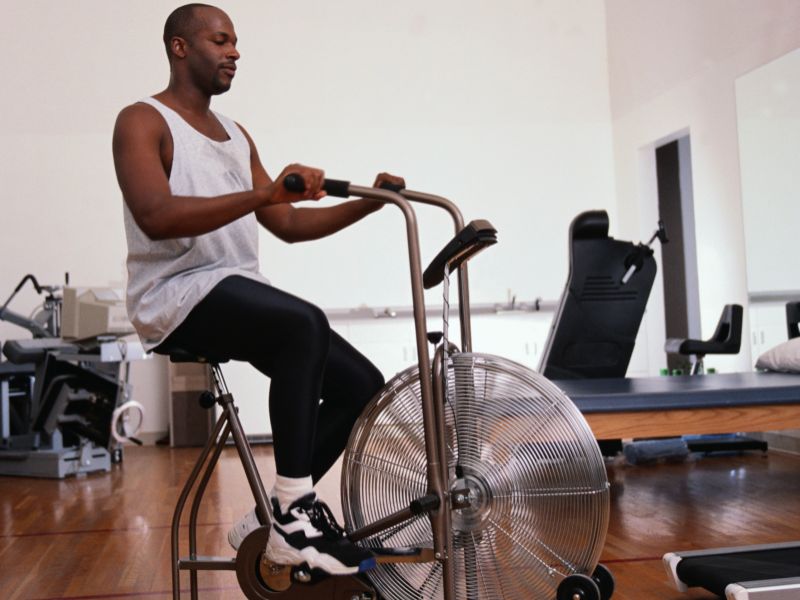
Omega-3 fatty acids are essential elements that the body doesn’t make on its own, says the Cleveland Clinic. Fish, plants and supplements are among the best sources of omega-3 fatty acids. For people who don’t have a history of heart disease, two servings of fish per week is recommended. Research indicates that omega-3 fatty acids… read on >





























